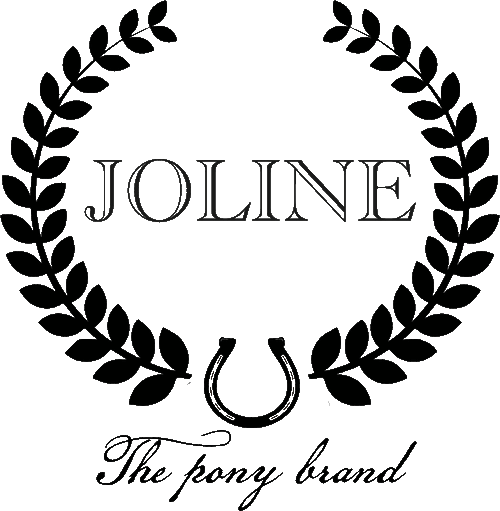How old can a horse live? A horse's life expectancy varies greatly and is influenced by several factors. In this blog, we tell you all about the average age of horses and ponies and share advice on maintaining the health of your faithful four-legged friend!
How old can a horse get: the average age
In general, horses live on average between 25 and 30 years. This is a general guideline, as the actual lifespan can vary, this depends on several factors. For example, breed plays a big role; some breeds naturally have a longer lifespan than others. In addition, some horses and ponies may have genetic predispositions to certain health problems that can affect their lifespan.
It is important to take good care of your horse or pony. Good nutrition, regular exercise, preventive health care and general welfare measures are essential to prolonging life.
Horses and ponies regularly exposed to stressful situations, excessive physical strain or unfavorable living conditions may experience reduced longevity. Therefore, it is important to provide a safe and comfortable environment.
The oldest horse in the world
The oldest horse in the world was called"Old Billy" and was a famous horse who worked in a brewery in England. He was believed to have been born in 1760 and died in 1822 at the age of 62. While this is a remarkably long age for a horse, there have been other horses who lived to be even older. It is difficult to know exactly how old horses got, especially in the past when birth records were not so accurate.
How do you keep your aging horse or pony healthy?
To keep an aging horse or pony healthy, it is important to pay extra attention to their specific needs and conditions:
- Nutrition: Make sure that the food you give is appropriate to its age and needs. For example, you can give easily digestible food and good quality roughage. Talk to a veterinarian or nutritionist to create a diet that is well suited to your four-legged friend's age, health and activity.
- Weight Management: Monitor your horse or pony's weight closely to avoid being overweight or underweight. For example, being overweight can lead to problems such as laminitis and insulin resistance, while being underweight can indicate digestive or other health problems. Provide adequate exercise to maintain muscle and boost metabolism, but avoid overexertion.
- Exercise and activity: Get regular exercise to promote circulation, strengthen muscles and keep joints flexible. Adjust the intensity and duration of activity based on fitness and energy level; avoid excessive exertion that can cause injury.
- Health checks: Schedule regular health and dental checkups with a veterinarian to detect and treat any health problems early. Older horses and pony' may be more susceptible to conditions such as arthritis, hoof problems and dental problems.
- Comfortable enclosure: Provide a comfortable enclosure, including a well-ventilated barn with adequate bedding to prevent pressure spots. Provide shelter from extreme weather conditions and ensure that water and feed are easily accessible.
Still have questions? Please feel free to contact us!






